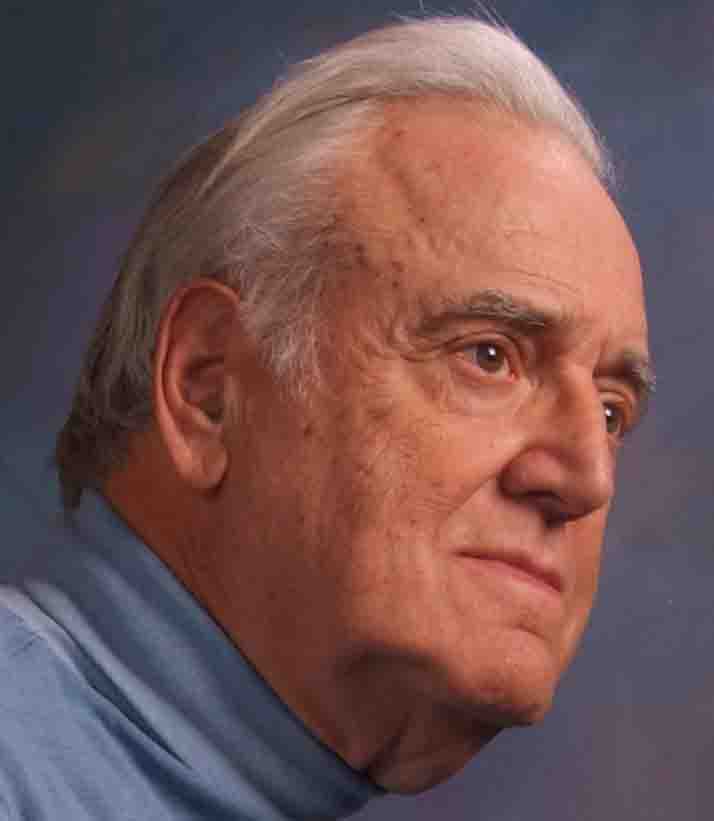Excessive bail shall not lie required, nor excessive fines imposed, nor cruel and unusual punishments inflicted. (Bill of Rights, Article Eight).
All persons born or naturalized in the United States, and subject to the jurisdiction thereof, are citizens of the United States and of the State wherein they reside. No State shall make or enforce any law which shall abridge the privileges or immunities of citizens of the United States; nor shall any State deprive any person of life, liberty, or property, without due process of law; nor deny to any person within its jurisdiction the equal protection of the laws. (Fourteenth Amendment).
All these unequivocal guarantees to all citizens, stipulated by the Constitution, the supreme law of the United States, were violated in the case of Jose Padilla vs. the United States.
In ordinary criminal cases, massive prosecutorial bungling of a defendant's Constitutional rights is grounds for directed dismissal of charges.
But not in the case of Jose Padilla vs. the United States. This was a case that the Bush administration simply could not afford to lose. From the time of his arrest in June, 2002, Padilla was the trophy prisoner, the "designated villain." As that arrest was a political act, so too must be his incarceration and eventual conviction. It was simply not allowable that the Constitution, that "Goddam piece of paper," interfere with this political theater.
But the Busheviks are not yet home free. The Padilla case now goes to the appellate courts. Even so, if the conviction is overturned on appeal, there follows the Supreme Court. Given the recent rulings of that Court, in particular Bush v. Gore in December, 2000, the outcome there is uncertain, and portentous. For if the Supremes forsake the Constitution in the Padilla case, what protections remain for the rest of us?
Jose Padilla and you.
Step by step, through acts of Congress and unchallenged executive orders, we Americans have been transformed from free citizens of a democratic republic to subjects of an arbitrary dictatorship. Whereas we were once protected by our Constitution and the rule of law, we now remain "at liberty" at the whim of the government.
A majority of Americans might say, with some justification, "I am not a terrorist, I have not openly complained against the government, so I have nothing to fear."
Unfortunately for those of us who protest, who publish, speak and demonstrate against the Bushevik regime, the imprisonment and subsequent trial of Jose Padilla gives us abundant reason to be fearful. Nor is the Padilla case exceptional, as indicated by the treatment of US citizens John Walker Lindh, Yassir Hamdi, Muslem Chaplain James Yee, along with hundreds of uncharged and unrepresented "detainees" at Guantánamo and elsewhere. The Bill of Rights explicitly apply, not to "citizens," but to "persons."
The peril to all opponents to the Bush regime follows directly from Bush's pronouncement to Congress on September 20, 2001: "either you are with us or you are with the terrorists." From the logical rule of "disjunctive syllogism," the conclusion follows: "if you are not with "us" (presumably the Bush regime), then you are with the terrorists." Put more bluntly: dissent is treason. The option of "loyal opposition" – opposition to both official government policy and to terrorist – is rejected by Presidential fiat.
Who is at risk? That's hard to say, but it's clear that it won't just be hardened terrorist types. A presidential executive order signed by Bush on July 17 declares that anything "undermining efforts to promote economic reconstruction (sic) and political reform (sic) in Iraq" could be deemed a crime making the perpetrator subject to arrest. Would writing essays critical of the president, the war in Iraq, or the "reconstruction" effort in Iraq meet that standard? Who knows? Would being interviewed for commentary as part of a news story on English-language Al Jezeera TV? ... And how about anti-war protesters?
The Constitution stipulates the right of all citizens to engage in such dissenting activities. But as we have seen, the Bush regime, with the collaboration of Congress, has set aside the Constitution -- "a Goddam piece of paper," the President calls it. And to date, the Democratic Congress has failed to restore the right of habeas corpus or any other citizen rights cancelled by the Republican administration and Congress.
The Military Commissions Act of September, 2006, gives the President, through his appointed "Combat Status Review Tribunals," the power to identify almost anyone an "illegal enemy combatant" virtually at his own say-so. To be sure, there are restriction in the Act, but they are so vague and ambiguous as to be meaningless and unenforceable.
In effect, says Keith Olbermann,
We have handed a blank check drawn against our freedom to a man who may now, if he so decides, declare not merely any non-American citizens "unlawful enemy combatants" and ship them somewhere - anywhere - but may now, if he so decides, declare you an "unlawful enemy combatant" and ship you somewhere - anywhere...
(Note: You can view every article as one long page if you sign up as an Advocate Member, or higher).





